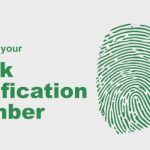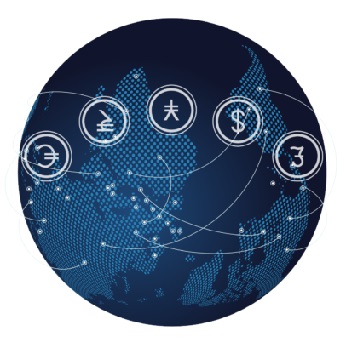Nigeria’s Bank Verification Number (BVN) system recorded a significant milestone in July 2025, reaching 66.23 million registered users. The new figures, released by the Nigeria Inter-Bank Settlement System (NIBSS), mark a 4.3 percent increase from the 63.48 million recorded at the end of 2024—an impressive gain achieved within just seven months.
The sharp rise in enrollments signals renewed momentum for biometric identity adoption in Nigeria’s banking landscape, positioning 2025 as one of the strongest years for BVN growth since 2021. Over the past four years, the BVN system has recorded steady gains, moving from 51.9 million in 2021 to 56 million in 2022, followed by 60.1 million in 2023. While growth slowed slightly to 5.6 percent in 2024, this year’s performance so far indicates the trend may be reversing.
A key driver behind the 2025 surge is the increasing success of the Non-Resident Bank Verification Number (NRBVN) framework. Designed to accommodate Nigerians in the diaspora, the initiative enables citizens abroad to enroll for BVNs without visiting a physical bank branch in Nigeria. This digital expansion has not only strengthened the reach of Nigeria’s financial ecosystem but has also deepened diaspora inclusion in formal financial systems.
Strengthened Know Your Customer (KYC) requirements and deeper collaborations with fintechs have further supported this upward trajectory. By simplifying onboarding processes and enforcing stricter identity verification protocols, banks and financial service providers have bolstered the BVN’s credibility as a cornerstone of digital identity and financial trust.
The increased also mirrors broader trends in banking activity. As of March 2025, the number of active bank accounts across Nigeria hit a record high of over 320 million. Dormant accounts were reported at 33.4 million, while 29.4 million accounts had been officially closed. These numbers marked a rebound from February’s data, which saw slightly fewer active accounts and a higher number of closures, pointing to a renewed engagement with formal banking platforms.
The latest figures suggest that more Nigerians are turning to the formal banking sector, reflecting industry-wide efforts to boost financial literacy, enhance service accessibility, and improve regulatory compliance. With more than half the year still ahead, 2025 may yet emerge as a turning point in Nigeria’s long-term digital banking evolution.










